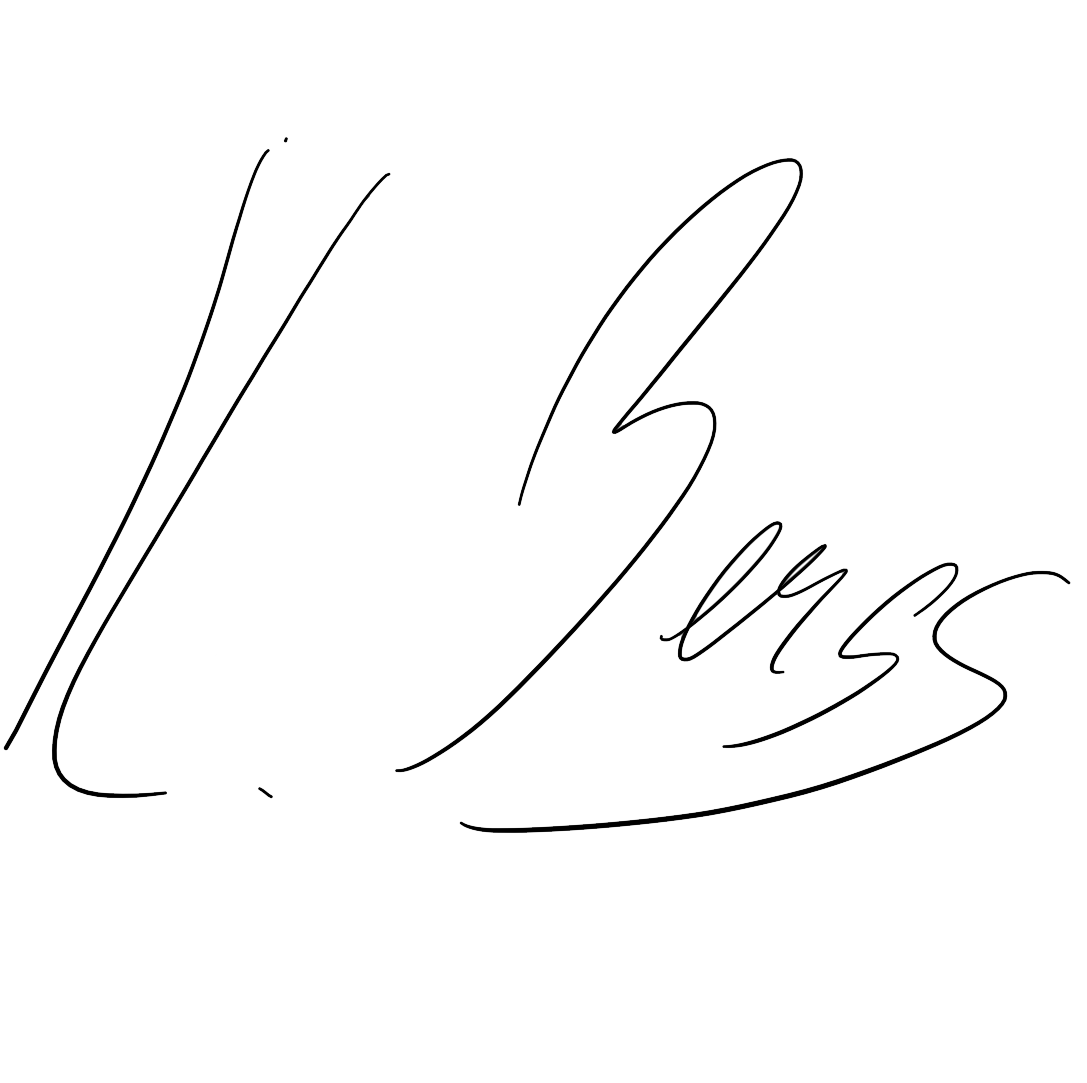Kristaps Bergs
There are musicians who perform, and there are those who seek. Kristaps Bergs belongs to the latter.
Music, for him, is not just sound - it is thought, movement, a way of understanding things that words can't reach.
Born in 1986 into a family of musicians in Riga, Kristaps was immersed in music from an early age. The cello became his anchor. At 17, he performed Saint-Saëns’ Cello Concerto No. 1 with the Latvian National Symphony Orchestra under the baton of Andris Nelsons - not a beginning, but a step deeper into something that had always been part of him. That same year, a meeting with Mstislav Rostropovich left more questions than answers. Perhaps that was the point.
From 2006 to 2015, Vienna became home. He studied with Reinhard Latzko and Heinrich Schiff at the University of Music and Performing Arts, seeking voice within tradition. He won first prizes at the Brahms, Davidov and Dombrovsky competitions, received the university’s Appreciation Award and multiple nominations for the Latvian Grand Music Award. Yet, prizes were never the aim - it was always about the space between sound and silence.
Orchestral life shaped him: leading cello sections of the Oslo Philharmonic (2024), London Philharmonia (2022-2023) and serving as solo cellist of the Brussels Philharmonic (2016-2025). He performed with the Vienna Philharmonic, London Philharmonic and Chamber Orchestra of Europe. Still, his heart remains with solo and chamber music - music that speaks softly, without armor.
With Trio Fabel and the Montecastelli Chamber Music Festival (Italy, since 2015), he nurtures that intimacy. The festival is dedicated to his mentor, Heinrich Schiff - a place where music breathes freely.
Collaborations include Natalia Prischepenko, Christian Altenburger, Giovanni Sollima, Pēteris Vasks, Helmut Lachenmann, and Eduard Schmieder. His work with contemporary composers is essential. When Arturs Maskats dedicated his Second Cello Concerto to him in 2023, it felt like the continuation of an unspoken conversation.
Kristaps is drawn to philosophy, psychology and literature - places where thought deepens. He plays a Lorenzo Ventapane cello from 1836, an instrument that, like him, carries its history in the grain of its voice.
